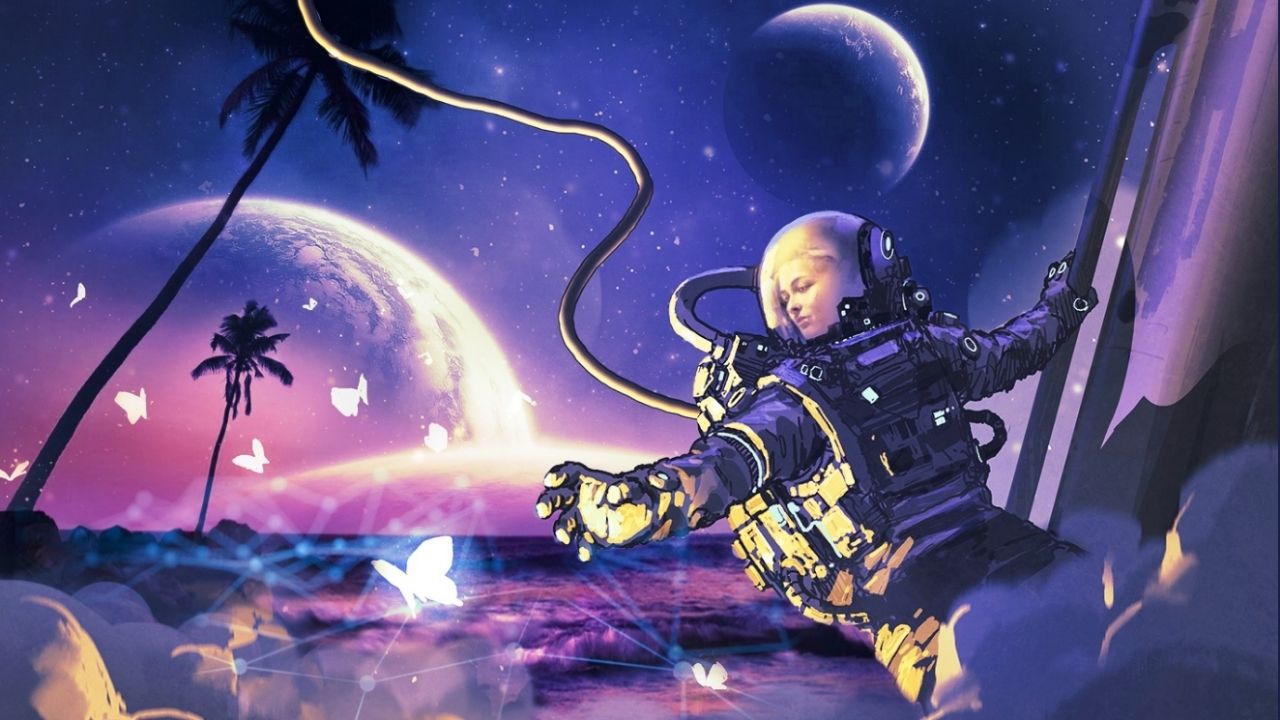
As blockchain technology expands its horizons, attention is turning towards Hollywood with the introduction of a brand new decentralized series titled “HODL,” which will feature fan engagement tokens and highlight mining services-for-all.
Audience to Gain Exposure to Token Incentives and Mining
Art imitates life in one of the latest expressions of the blockchain universe as a tale involving a budding entrepreneur introducing a blockchain project advances towards viewers’ screens.
Cudos, a decentralized layer 1 and layer 2 blockchain network, has joined with forthcoming TV series “HODL” and fan engagement protocol Sator to deliver a value-added experience for viewers through the mining platform.
Short for Hold On For Dear Life, “HODL” will revolve around Aveer, a token project named after a lost friend, chronicling the ensuing comedy and drama. The decentralized TV series is set to air in 2022, drawing on influences from actual crypto life while featuring a lineup of real crypto personalities in addition to a soon-to-be-announced Hollywood A-lister who will be narrating the role of Satoshi Nakamoto.
The fictional work set to be produced by Beacon Pictures and distributed in a decentralized format is being co-written by Chris Martin, who also serves as the CEO of Sator. Sator, which delivers fan engagement tokens (SATOR) for audiences, will incentivize “HODL” viewership by connecting viewers with the show’s memorabilia. Users who download Sator’s application and watch compatible content or participate in associated interactive quizzes and games gain opportunities to collect NFTs, rewards, and earn the platform’s native SATOR token.
The tie-up between these projects will see the TV series introduce viewers to Cudo Miner through in-show spots. This mining application developed by Cudo is designed to help users leverage spare computing power to generate tokens via a system that automatically adjusts itself to mine the most profitable coins and maximize returns for users.
The miner fits squarely within Cudos’ existing ecosystem delivering on-demand decentralized cloud computing services derived from the community’s spare computational and graphics resources. Cudos Network aims to play a larger role in the entertainment industry, given the extensive resources needed for rendering video during the post-production process, especially as it moves towards decentralized resources.
In terms of the new partnership, “HODL” viewers who download Cudos’ mining application will earn SATOR tokens to bid on digital memorabilia NFTs or opportunities to appear in the TV series’ storylines.
HODL isn’t the first industry attempt at bringing a crypto-themed television series to more mainstream audiences. “StartUp,” a crypto-focused show that debuted on Crackle, a free Sony Pictures Entertainment streaming service, ran for three seasons before being discontinued.
A planned reality show titled “Crypto Castle Chronicles” that planned to follow young crypto entrepreneurs living together in so-called Crypto Castles founded by creator Jeremy Gardner was canceled before it was ever released.
While the idea of cryptotainment isn’t necessarily new, these cases demonstrate just how difficult it has been for crypto to penetrate more mainstream entertainment and the hurdles the industry faces as it tries to build more mass appeal.
Who do you think will narrate Satoshi Nakamoto? Let us know in the comments section below.
via Reuben Jackson
0 comments:
Post a Comment